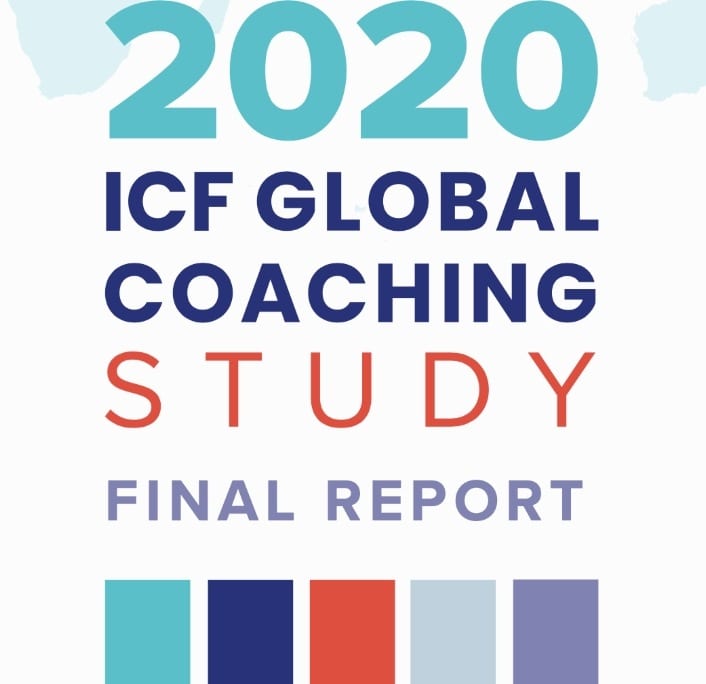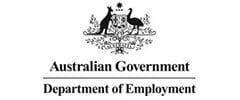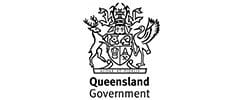Trends in coaching are important. Hence, the 2020 ICF Global Coaching Study was commissioned in 2019 by the International Coach Federation (ICF). Furthermore, the Study was undertaken by PricewaterhouseCoopers. Subsequently, it builds on studies undertaken in 2007, 2012 and 2016.
On the whole, the coaching industry has evolved and grown. Importantly, the study now includes managers and leaders who use coaching skills in the workplace. Furthermore, 22,457 responses from 162 countries and territories. Without a doubt, this the most comprehensive study available.
You can download a copy of the Executive Summary. However, we have reviewed the full 130 page report.
What are the global trends in coaching as an industry?
On the whole, the Coaching Study reports:
- global growth and a wider spread of coaching around the world;
- significantly, a 33% increase in the number of coach practitioners (over the 2015 estimate);
- in addition, total global revenue from coaching in 2019 is estimated at USD 2.849 billion;
- furthermore, this revenue figure represents a 21% increase over 2015
Significantly, among managers/leaders using coaching skills:
- not only, do they strongly agree that clients expect coaches to be certified/credentialled;
- additionally, there has been a big rise in the number of manager/leaders using coaching skills to 55%.
Providing information across categories of coaching
Importantly, the survey is split into two categories. In summary these are: coach practitioners and manager/leaders using coaching skills.
Coach Practitioners:
- External Coach Practitioner
- Internal Coach Practitioner
- Both an External and Internal Coach Practitioner
Managers/leaders using coaching skills:
- Human resources/ Talent Development Manager/ Director who uses coaching skills
- Manager/Leader who uses coaching skills.
Significant global statistics around manager/leaders using coaching skills include:
- an increase of 46% in the number of manager/leaders using coaching skills;
- interestingly, in Asia this category has more than doubled;
- Generation X (birth years 1965 – 1981) account for 61% of manager/leaders using coaching skills;
- whereas, 68% are female;
- moreover, 93% have received some coach-specific training;
- including 79% trained in programs approved/accredited by a professional coaching organisation.
How has COVID affected the coaching practice and incomes of coaches?
In June 2020 ICF and PwC launches a snapshot survey: COVID-19 and the Coaching Industry. Significantly, the survey receives more than 10,000 responses. In fact, across 140 countries. Additionally, in less than one month. Importantly, the results are for coach practitioners only.
The survey found for coach practitioners:
- 49% report reduced income;
- furthermore, 37% report a reduction in hours;
- interestingly, 34% answer no adverse effects from the pandemic on their income and employment;
- additionally, many coach practitioners state some combination of income and employment effects.
As a consequence of the pandemic, 25% report a significant negative impact on their coaching practice. Furthermore, 40% state a limited negative impact. 10% report no impact. However, 24% report that the pandemic had a positive impact.
On the whole, they are optimistic that coaching will emerge stronger from the pandemic over the next six months. Hence, 42% state ‘somewhat confident’ and 23% state ‘very confident’.
Furthermore, 46% respond they are very confident that coaching will still have a role in the organization I work for.
Indeed, 65% agree that the role of coaching within my organization will become more important.
How does the Australian coaching industry compare? Is our industry growing?
Australia is in the Oceania region. With this in mind, Oceania includes mainly Australia and New Zealand. But also Pacific Island groupings of Melanesia, Micronesia and Polynesia.
In summary, the Study has 825 responses from our region:
- namely, 726 responses from coach practitioners; and
- 99 from managers using coaching skills;
- consequently, it is 4% of the global response:
Some issues with the Oceania Study
- It should be noted, the number of coach practitioners is estimated at 2,600;
- Furthermore, the number of managers/leaders using coaching skills is estimated at 500;
- Consequently, we think these figures are way under.
Having said that, growth in the number of coach practitioners is 11%. Furthermore, a 26% growth in manager/leaders as using coaching skills.
Moreover, the average annual review/income of a coach is USD61,100. Noting, this is above the global average of USD47,100. As a result, this is a 5% change from 2015 to 2019.
In summary, the global coaching industry continues to grow. Including the need for quality credentials and qualifications. Undoubtedly, the industry is significantly impacted by COVID-19. However, we remain very positive about the ability of coach practitioners and managers/leaders using coaching skills. As they continue to have a positive impact on organisations.
































